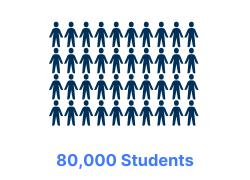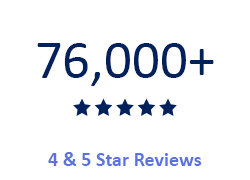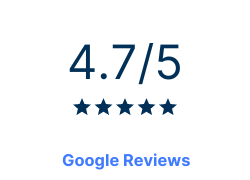
Data Analytics in R Training Courses
Learn R programming to run data analysis
All classes may be attended remotely. Face-to-face classes as per city schedules.
Data analysis is a skill that's growing in demand. Learn how to use various programs to analyse and visualise your data. Use languages like R and Python, to manipulate, analyse, and visualise data more effectively. Get started with the R Programming Basics, the first training course in this series.
Our courses are developed in-house by our Data Analytics Trainers who have extensive experience focused on data analysis, modelling using machine learning, simulation, and other techniques. Our courses focus on providing students with the necessary knowledge and skills to confidently apply their learnings in the workplace and continue to develop their understanding and use of R programming.
Data Analytics in R Training Courses

Learn R programming to run data analysis. R Basics to Machine Learning. Courses led by our Data Scientist.
Frequently Asked Questions
What do student reviews say?
"I found this 1 day course to be packed full of information - a very heavy load but masterfully delivered. It is very clear that we were learning from someone who is extremely capable and experienced with both the software solution AND it's real world application. I liken the experience to taking golf lessons from Tiger Woods or basketball coaching from Michael Jordan. All questions were addressed as if they were always part of the planned course content - seamless. Thank you so much for this opportunity."- R Basics Sydney/Remote
"Great trainer, structure, material and manual. I have completed programming courses before but this one just made more sense! I'm sure it was the trainer. Looking forward to the Intermediate course when it is available." R Beginner Sydney
"The course was really good, Tamara is an excellent trainer and was able to answer my questions, the resources she provided to help after the course are excellent. I was a bit overwhelmed at the beginning trying to learn a new language, but I was put at ease and went through the content at a pace that I could understand." R Basics Brisbane/Remote
"Interesting material and very well run. Thanks again." R Intermediate Brisbane/Remote
What is Data Analytics?
Businesses are accumulating data at an increasingly fast rate. This data is valuable if management can use it to support and drive more effective decision-making. Data analytics involves analysing data to produce meaningful insights, identify patterns, and present findings in visualisations. It is the art of finding meaning in data. Our suite of data analytics courses will help you reach the full potential of your data. As well as R, we also provide Python and SQL data analytics courses.
What is R?
R is an open source and free programming language that was developed for statistical analysis and the production of high-quality graphics. It is commonly used by statisticians and academics internationally who make up part of the extensive and active user community behind R. This community has contributed over 15,000 packages that extend the base functionality of R, making it easy to implement a vast range of techniques for data manipulation, analysis, and visualisation.
Why Learn R?
Rather than being a point-and-click tool, R is a language that is used for writing reusable scripts, enabling automation and repeatable workflows. Because it is a language, it offers a huge amount of flexibility in manipulating data and the ability to write new functions. Even without a background in programming, it is relatively easy to get up and running once you know the basics.
Can I run R scripts in Power BI?
Yes, in our webinar, we introduce how to run R scripts in Power BI. If you are interested in learning about R or how to tap into its capability within Power BI then this 80 min webinar is a must-watch.
What is Machine Learning?
Machine learning refers to a group of analysis techniques used to extract knowledge from data. It involves using mathematical or statistical models to predict outcomes. The models use algorithms (step-by-step programming instructions) to "learn" from data.
R Beginner Course Details

R Intermediate Course Details

R Advanced Course Details

Machine Learning in R Course Details

Data Analytics Course Outlines
Skills Test
 phone
phone
 email
email
 enquiry
enquiry
























